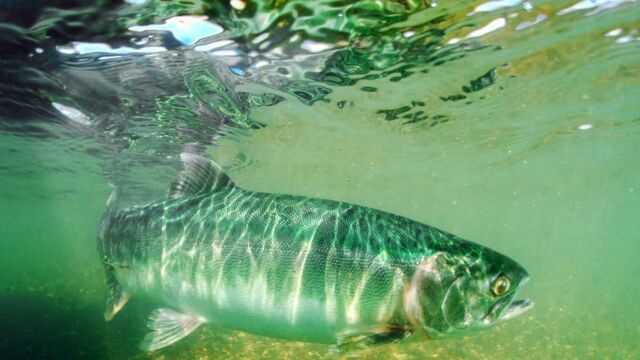In a quest to reduce the impact of plastic on the environment, researchers have created a more eco-friendly alternative using salmon sperm.
Discover our latest podcast
Sustainable Alternative?
Scientists in China invented the material by combining two short strands of DNA from salmon sperm with a chemical sourced from vegetable oil that served as a binding agent. The result of this combination is a squishy material known as hydrogel. This gel is then moulded into different shapes and made to solidify by freeze-drying it.
The researchers have already made a cup, puzzle pieces and a DNA, molecule from this eco-friendly plastic.
The Chinese researchers may have used sperm from salmons as raw material for the plastic, DNA from every living creature on earth could be used as well. In fact, a 2015 study puts the average tonnes of DNAs on earth at 50 billion.
What this means is that raw materials for eco-friendly plastic could be got from other sustainable sources like waste material from crops, algae or bacteria.
Limitations
The team of scientists at Tianjin University set out to create a material that solved the problems caused by plastics, especially their impact on the environment and marine life.
In producing this DNA-based plastic, 97 per cent fewer carbon emissions were released into the atmosphere.
Interestingly, when items produced using this material are dipped into water, they are turned back into gel and can therefore be made into other objects.
And therein lies the limitations to the use of this material. Because it changes back into gel when it comes into contact with water, it means objects produced from it would have to be kept dry. Although it would be possible to add waterproof coatings, that would make it more difficult to recycle, thus defeating its purpose.
The researchers believe it could, however, be used for items like electronics that need to be kept dry anyway and some forms of packaging.















